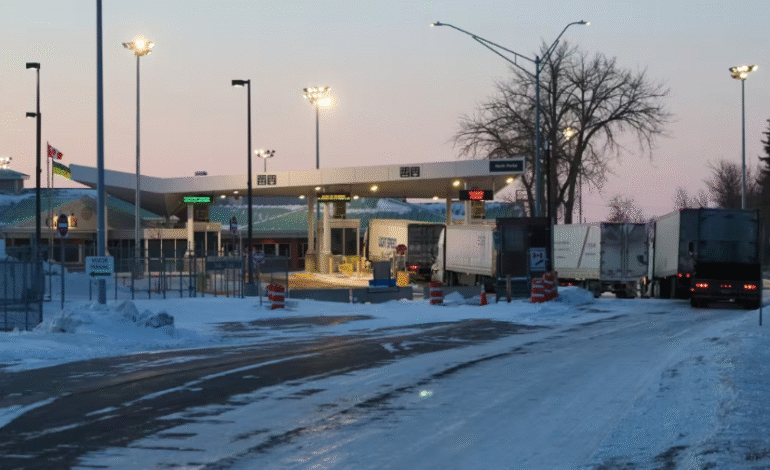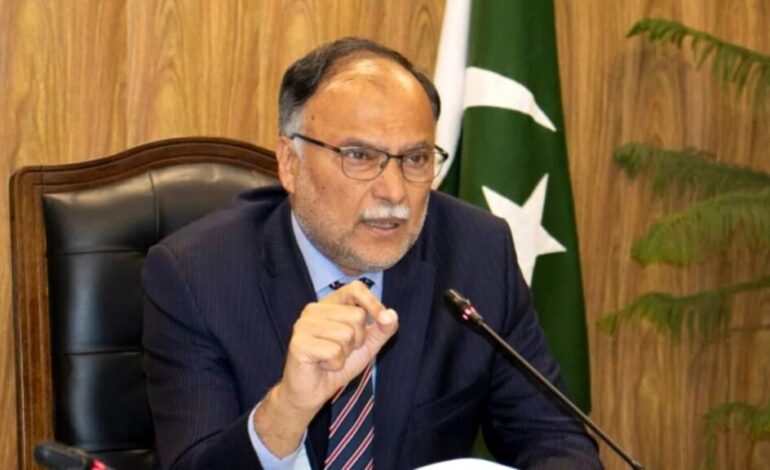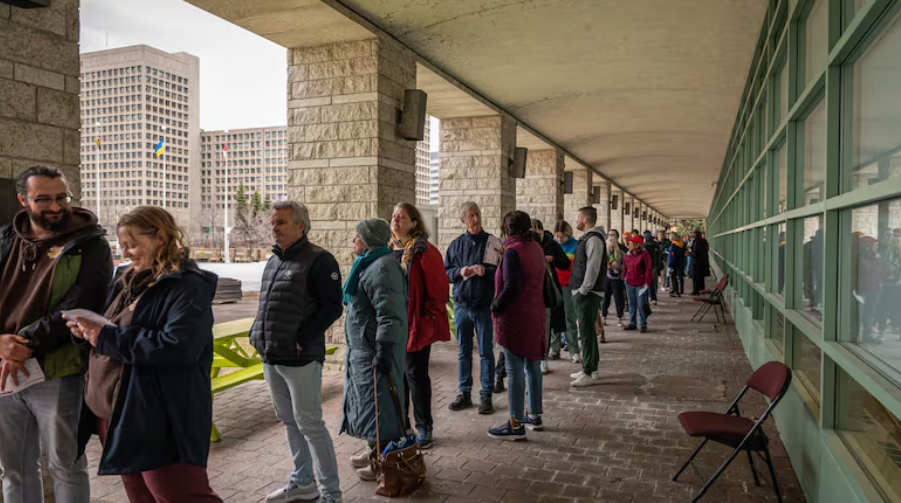Amid rising political tensions between Canada and the United States, some academics in Saskatchewan are choosing to forgo travel south of the border, citing concerns over immigration policies, academic freedom, and personal safety.
Wendy Verity, a doctoral student at the University of Saskatchewan’s Department of Community Health and Epidemiology, shared that she declined an opportunity to present her research at a U.S. sports medicine conference. Verity said she struggled with the decision, weighing the benefits to her academic career against her desire to stand in solidarity with her Canadian peers.

“I’m late in my PhD program, so this was an important opportunity to build my CV and research network,” she said, adding that opportunities to present her work are becoming increasingly limited.
The sentiment is echoed by others, including Dr. Nazeem Muhajarine, a professor at the University of Saskatchewan, who recently declined an invitation to a conference in Atlanta, Georgia. Despite holding a Canadian passport, the Sri Lankan-born academic cited feelings of insecurity under the current U.S. administration’s policies.
“At times like this, we have to think twice about the decisions we make,” Muhajarine said.
Canadian Travel to U.S. Drops
New data from U.S. Customs and Border Protection reveals a significant decrease in Canadian travelers to the U.S., with nearly 900,000 fewer crossings recorded in March compared to the same period last year. Many Canadians cite fear and political concerns as primary reasons for staying home.
Matthew Mitchell, vice-chair of the University of Saskatchewan Faculty Association, called the situation “unprecedented,” noting that Canadian professors — long protected by strong academic freedoms — are now increasingly wary of attending U.S. events.
While the faculty association has not called for a boycott, the Canadian Association of University Professors has urged members to avoid traveling to the U.S. unless absolutely necessary.
Impact on Academic Collaboration
Both the University of Regina and University of Saskatchewan confirmed that while no direct incidents have been reported involving their employees traveling to the U.S., concerns have been raised. The universities have advised their staff to follow the latest Canadian travel advisories.
Muhajarine acknowledged the decision could impact research collaboration and knowledge sharing between academics across the border.
“When you go to a conference, you interact with people about your presentation and theirs — this is how knowledge is tested and refined,” he explained.
Ultimately, Verity also confirmed she would be foregoing the chance to present her research in the United States, joining a growing number of Canadian academics making tough decisions amid an increasingly uncertain climate.







